Amidst the tumult of the American Civil War, Massachusetts emerged as a steadfast beacon of Union resolve, contributing significantly to the war effort both on the battlefield and on the home front.
Situated in the heart of New England, the state played a pivotal role in shaping the course of the conflict, supplying troops, resources, and leadership to the Union cause.
As the nation grappled with the profound issues of slavery, states’ rights, and the preservation of the Union, Massachusetts stood firm in its commitment to abolitionism and the principles of liberty and equality.
From the storied halls of Boston to the rolling hills of the Berkshires, the spirit of Massachusetts in civil war echoed the sentiment of national unity, as its sons and daughters made profound sacrifices, leaving their mark on history and shaping the destiny of a nation torn asunder by the forces of war and division.
Massachusetts in Civil War
The American Civil War stands as one of the most defining periods in the nation’s history, testing the very foundations upon which the United States was built. Let’s find out how Massachusetts played a crucial role in it:
The Call to Arms
In the early days of the Civil War, Massachusetts answered the call to arms with unparalleled fervor. The state’s strong abolitionist sentiment and commitment to the preservation of the Union drove thousands to enlist in the Union Army.
Regiments such as the 54th Massachusetts Infantry, composed predominantly of African American soldiers, became symbols of courage and determination in the fight against slavery and secession.
Battlefields of Valor
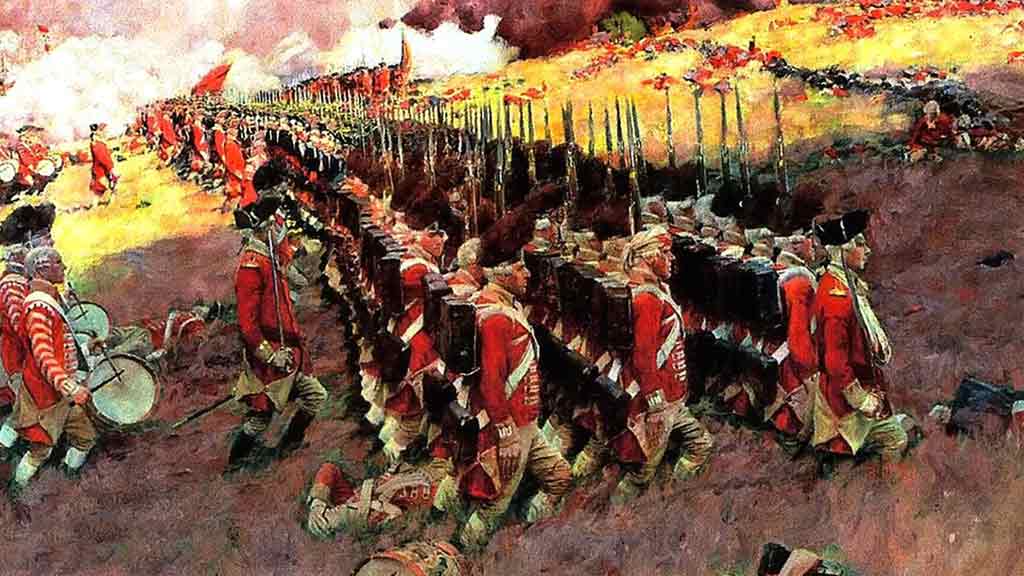
Massachusetts soldiers distinguished themselves on the battlefield, demonstrating bravery and valor in some of the war’s most pivotal engagements.
At Antietam, Gettysburg, and countless other battles, they faced the horrors of war with unwavering resolve, earning a reputation for their tenacity and fighting spirit.
The sacrifices made by Massachusetts troops on these blood-soaked fields would not be forgotten, as their courage helped turn the tide of the war in favor of the Union cause.
Leadership and Innovation
Beyond their prowess on the battlefield, Massachusetts also contributed significantly to the Union war effort through leadership and innovation.
Military leaders such as General Joseph Hooker and General George Gordon Meade, both Massachusetts natives, played crucial roles in shaping Union strategy and securing key victories against Confederate forces.
Additionally, the state’s industrial prowess fueled the Northern war machine, supplying arms, munitions, and other essential supplies to Union troops on the front lines.
Homefront Sacrifices
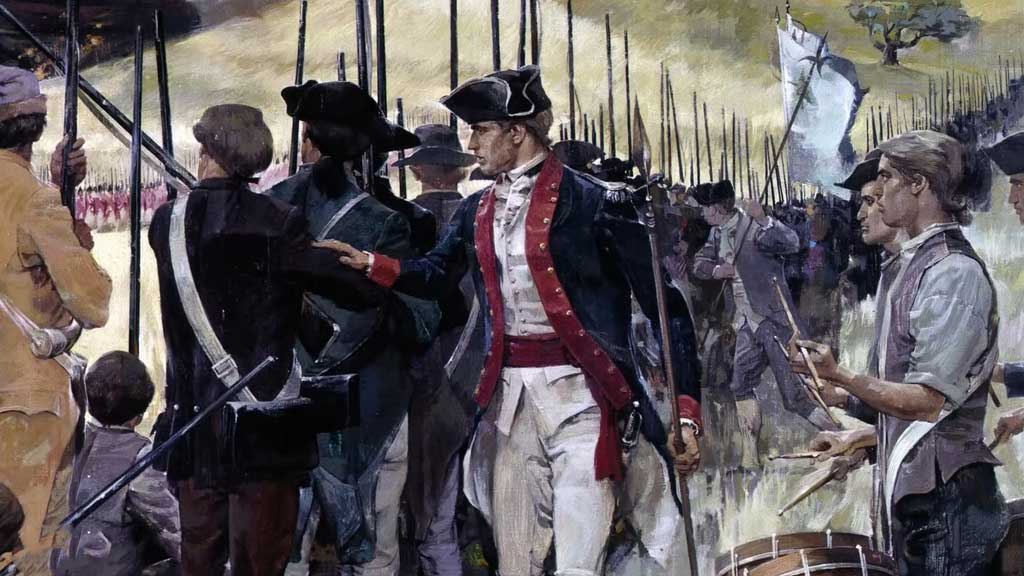
While Massachusetts soldiers fought bravely on distant battlefields, the home front bore its own share of sacrifices and hardships.
Families faced the anguish of separation as loved ones marched off to war, uncertain if they would ever return.
Women took on new roles in the workforce, filling the void left by men who had enlisted, while communities rallied together to support the war effort through fundraising, volunteer work, and patriotic displays of solidarity.
The Legacy of Abolitionism
Central to Massachusetts’s involvement in the Civil War was its longstanding commitment to the abolition of slavery.
The state had been at the forefront of the abolitionist movement for decades prior to the outbreak of war, with prominent figures such as Frederick Douglass, William Lloyd Garrison, and Harriet Tubman calling Massachusetts home.
For many in the state, the Civil War represented not only a fight to preserve the Union but also a moral crusade to eradicate the institution of slavery once and for all.
Reconstruction and Beyond
Following the end of the Civil War, Massachusetts continued to play a prominent role in shaping the course of Reconstruction and the post-war era.
The state’s leaders advocated for the rights of newly emancipated African Americans and worked to ensure that the promises of freedom and equality made during the war were upheld in the years that followed.
Massachusetts’s commitment to justice and equality served as a guiding light during this tumultuous period of American history, inspiring future generations to continue the fight for civil rights and social justice.
10 Historic Places in Massachusetts Related to the Civil War
Join us as we embark on a journey through 10 historic places in Massachusetts related to the Civil War, each offering a glimpse into the state’s rich Civil War heritage.
1. Massachusetts State House (Boston)
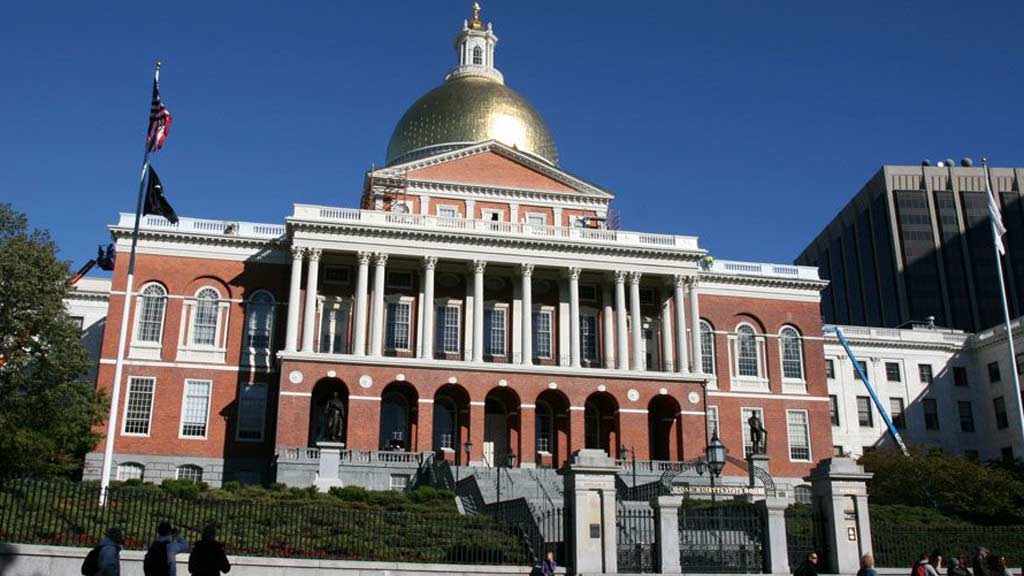
The Massachusetts State House in Boston served as a focal point for the state’s involvement in the Civil War.
In its corridors and chambers, state legislators debated issues related to the war effort, including recruitment, funding, and the abolition of slavery. Today, visitors can explore the State House’s historic halls and learn about Massachusetts’ role in shaping the course of the Civil War.
2. Robert Gould Shaw Memorial (Boston)
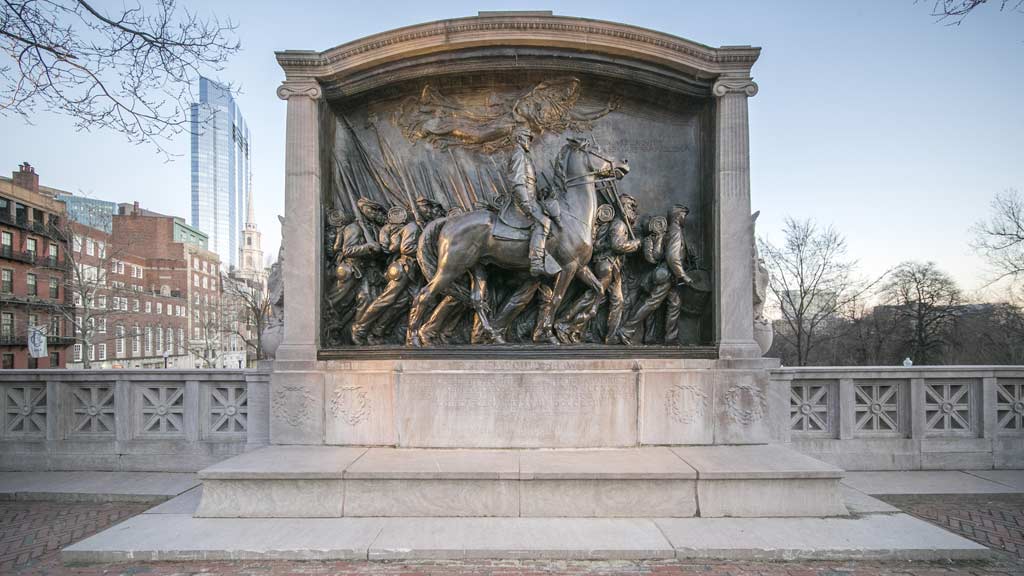
Located on Boston Common, the Robert Gould Shaw Memorial commemorates the famed 54th Massachusetts Volunteer Infantry Regiment, one of the first African American regiments to fight in the Civil War.
Led by Colonel Shaw, the regiment played a pivotal role in the assault on Fort Wagner in South Carolina. The memorial honors Shaw and his soldiers, highlighting their bravery and sacrifice in the struggle for freedom and equality.
3. Fort Warren (Georges Island)
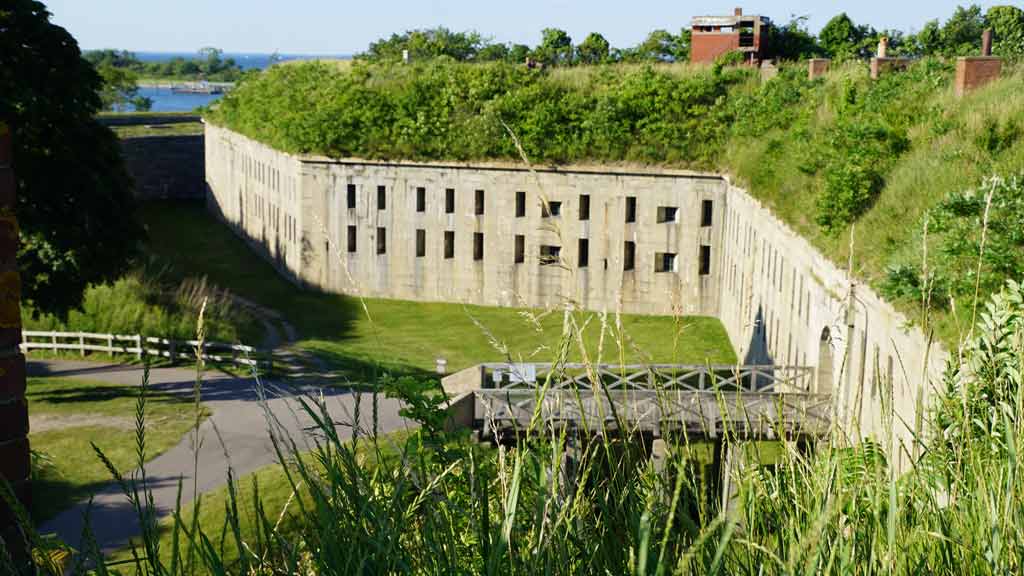
Situated in Boston Harbor, Fort Warren played a crucial role in defending the city against Confederate attacks during the Civil War.
The fort also served as a military prison, housing Confederate prisoners of war and political prisoners, including Confederate Vice President Alexander Stephens. Today, visitors can explore the fort’s historic grounds and learn about its role in shaping the course of the war.
4. Antietam National Cemetery (Sharpsburg)
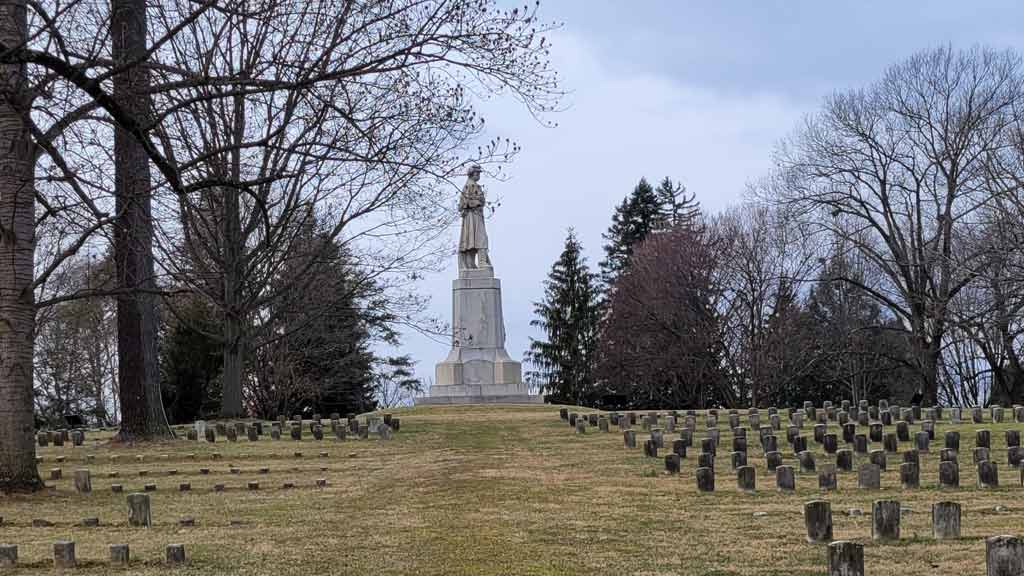
Although located in Maryland, Antietam National Cemetery is the final resting place for many Massachusetts soldiers who fought and died at the Battle of Antietam, one of the bloodiest battles of the Civil War.
The cemetery contains rows of white headstones marking the graves of Union soldiers, serving as a solemn reminder of the sacrifices made by Massachusetts troops on the battlefield.
5. Old Sturbridge Village (Sturbridge)
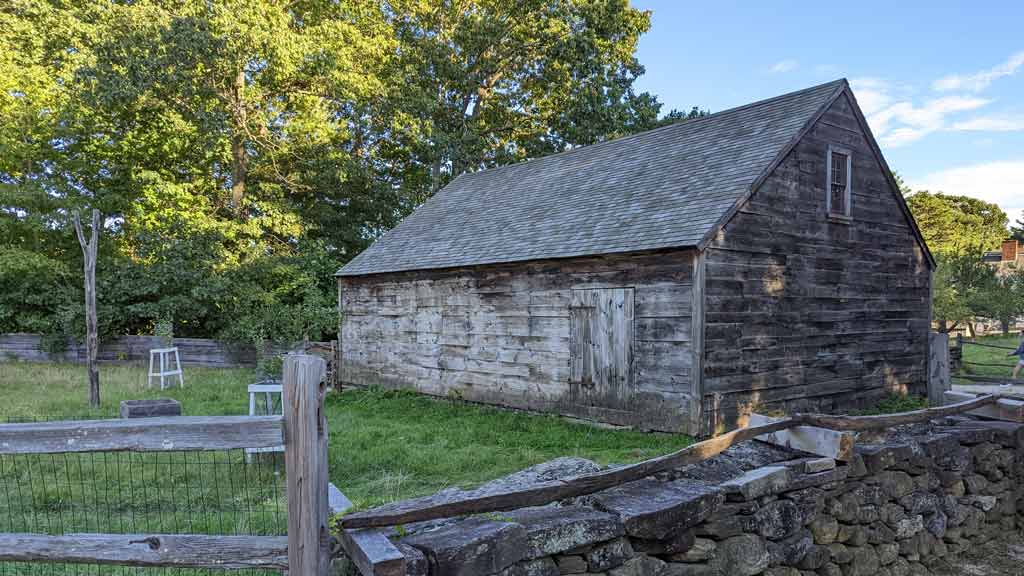
Old Sturbridge Village provides visitors with a glimpse into life in rural Massachusetts during the Civil War era.
The living history museum features period buildings, costumed interpreters, and demonstrations of 19th-century crafts and trades. Visitors can learn about the impact of the war on everyday life in New England, from agricultural practices to social customs.
6. Worcester City Hall (Worcester)
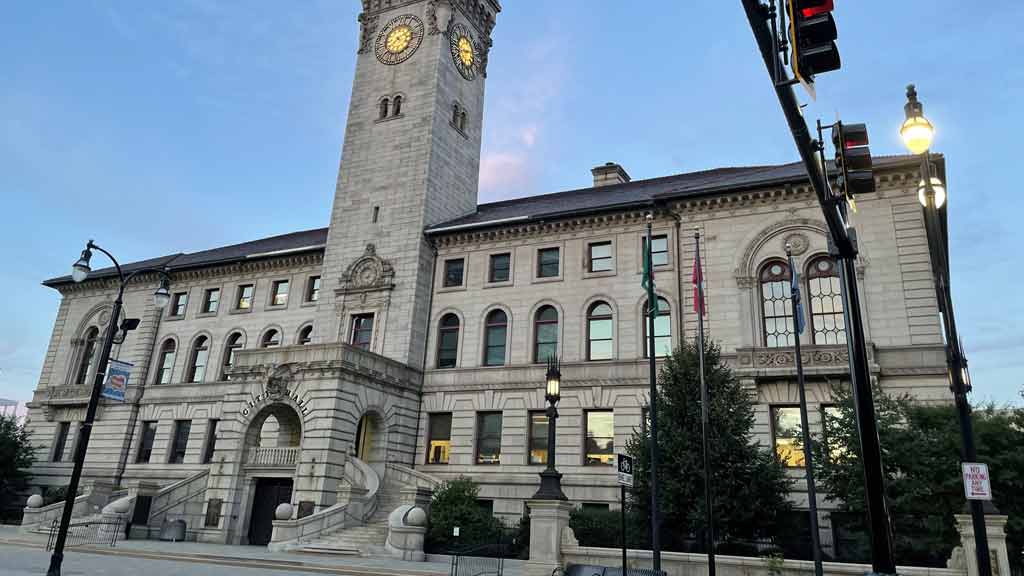
Worcester City Hall served as a rallying point for Massachusetts troops during the Civil War, with soldiers mustering on the building’s steps before departing for the front lines.
The city also played a vital role in supporting the war effort through the production of munitions and supplies. Today, visitors can admire the historic architecture of Worcester City Hall and reflect on its significance during the Civil War.
7. Springfield Armory National Historic Site (Springfield)
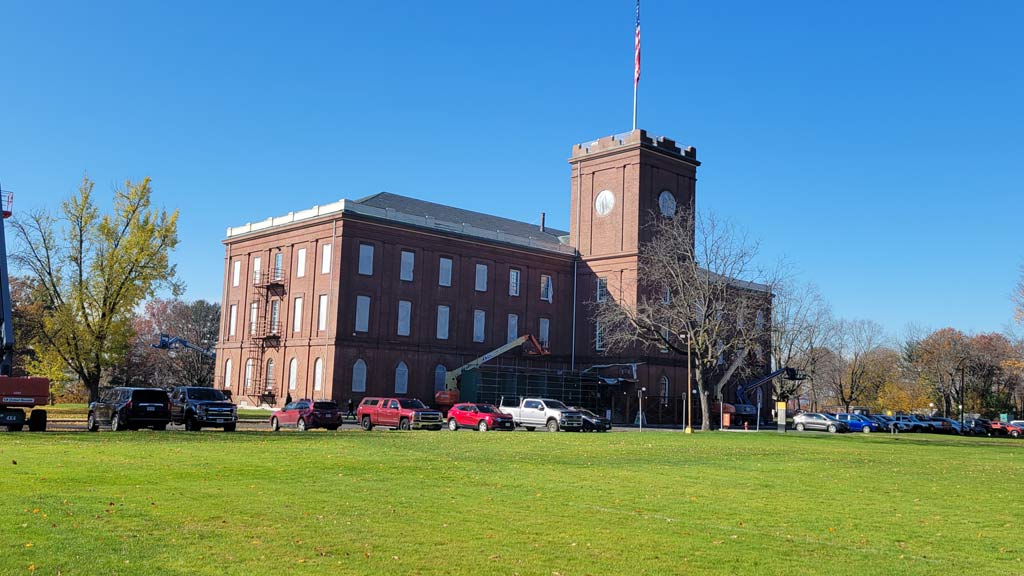
The Springfield Armory played a crucial role in arming Union troops during the Civil War, producing thousands of rifles and muskets for the Union army.
The historic site preserves the legacy of this important military facility, with exhibits on firearms manufacturing, technological innovations, and the impact of the Civil War on the armory and its workers.
8. Hancock Cemetery (Lexington)
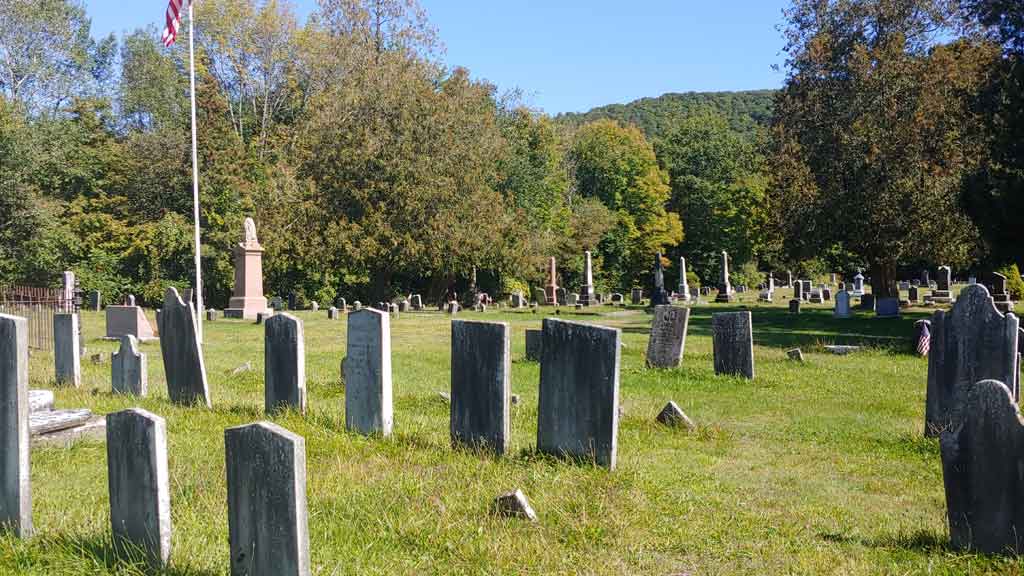
Hancock Cemetery in Lexington is the final resting place for several Civil War veterans, including soldiers who fought in the Battle of Lexington and Concord at the start of the Revolutionary War.
The cemetery’s tranquil setting and historic gravestones provide a poignant reminder of the sacrifices made by generations of Massachusetts residents in defense of freedom and democracy.
9. Old South Meeting House (Boston)
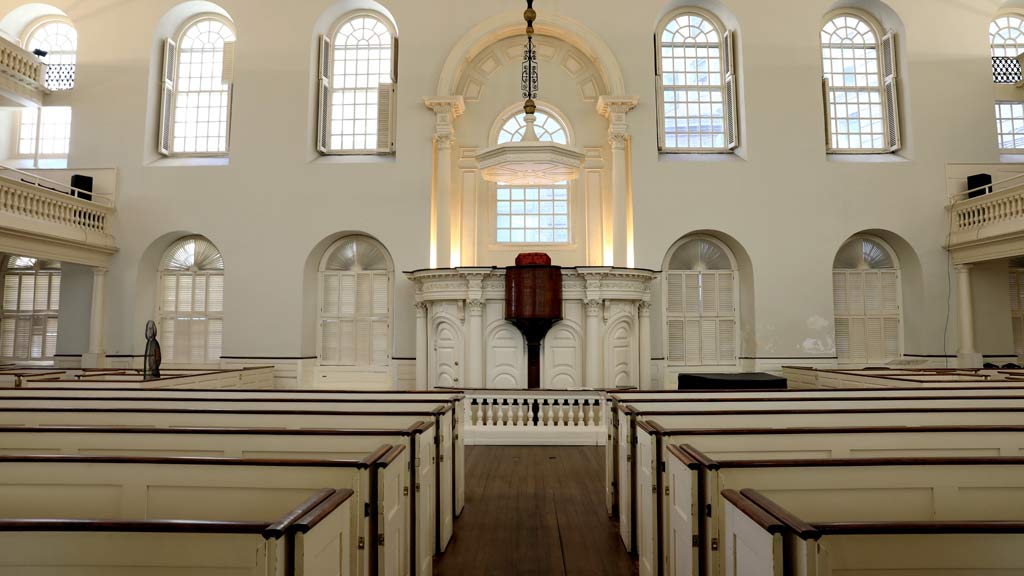
Old South Meeting House played a significant role in the abolitionist movement leading up to the Civil War.
It was here that abolitionist leaders such as William Lloyd Garrison and Frederick Douglass gave impassioned speeches advocating for the end of slavery. Today, visitors can explore the historic meeting house and learn about its role in shaping the nation’s history.
10. USS Constitution Museum (Boston)
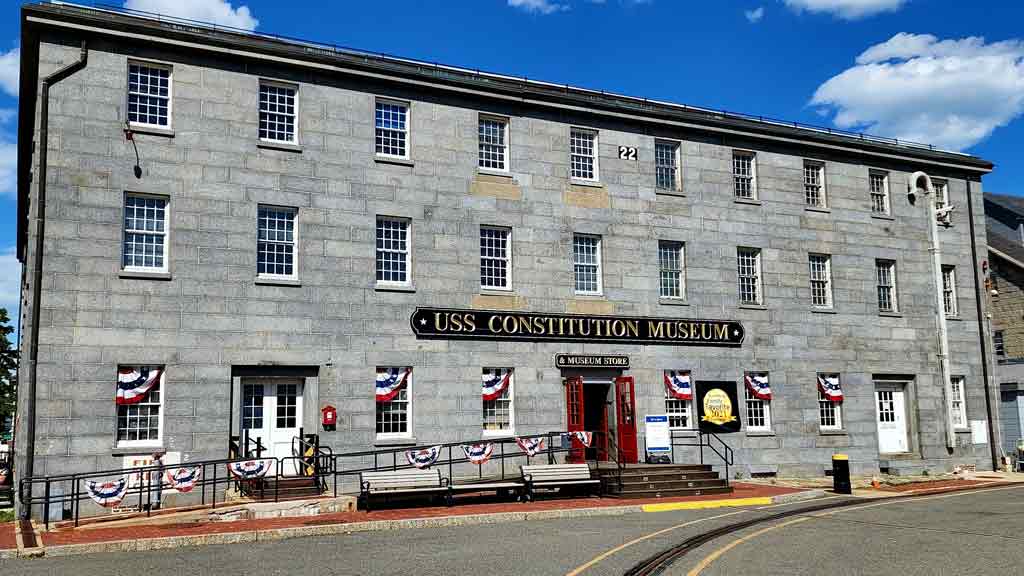
The USS Constitution, also known as “Old Ironsides,” is the world’s oldest commissioned warship afloat and played a vital role in the Civil War blockade of Confederate ports.
The USS Constitution Museum in Boston provides visitors with an opportunity to learn about the ship’s storied history, including its involvement in the Civil War and its ongoing service to the United States Navy.
FAQs
How many soldiers from Massachusetts fought in the Civil War?
During the Civil War, Massachusetts contributed approximately 150,000 soldiers to the Union Army, including infantry, cavalry, and artillery units.
What were some famous Massachusetts regiments in the Civil War?
Several famous Massachusetts regiments fought in the Civil War, including the 54th Massachusetts Infantry Regiment, one of the first African American units organized in the North, and the 20th Massachusetts Volunteer Infantry, known for its bravery at the Battle of Gettysburg.
Did Massachusetts experience any significant battles during the Civil War?
Massachusetts soldiers participated in numerous significant battles, including Antietam, Gettysburg, Fredericksburg, and Cold Harbor. These engagements played a crucial role in shaping the outcome of the war.
How did Massachusetts contribute to the Union war effort on the home front?
On the home front, Massachusetts supported the Union war effort through fundraising, volunteer work, and the production of essential supplies such as weapons and munitions.
Women also played a significant role in supporting the war effort by taking on new roles in the workforce.
What was Massachusetts’s stance on abolitionism during the Civil War?
Massachusetts had a strong abolitionist sentiment long before the Civil War, with prominent figures such as Frederick Douglass, William Lloyd Garrison, and Harriet Tubman advocating for the abolition of slavery.
During the war, Massachusetts remained steadfast in its commitment to the abolitionist cause, viewing the conflict as a moral crusade to end the institution of slavery.
Conclusion
In the annals of American history, Massachusetts’s role in the Civil War remains etched as a testament to the resilience and determination of a people united in purpose.
As the conflict drew to a close, the sacrifices made by the men and women of Massachusetts reverberated throughout the nation, leaving an indelible mark on the fabric of American society.
From the blood-soaked fields of Antietam to the hallowed grounds of Gettysburg, Massachusetts soldiers fought with valor and distinction, ensuring that the Union would prevail over the forces of disunion and oppression.
Yet, beyond the battlefield, the state’s commitment to the ideals of freedom and equality endured, serving as a beacon of hope for future generations striving to fulfill the promise of a more perfect union.
Though the scars of war would heal with time, the legacy of Massachusetts in the Civil War remains a source of inspiration.
Jaclyn Lowe